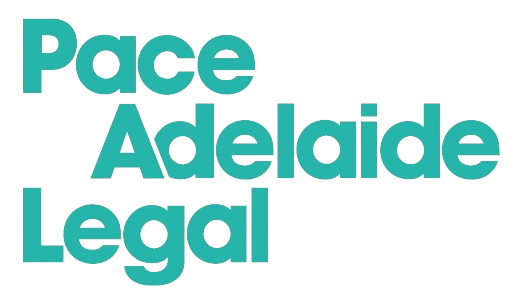For more information contact us on 8410 9294 or send an email via this form.
Property owners are responsible for injuries that occur as a result of such conditions on their property, which the owner knew about, or should have known about.
The hazard may be obvious (such as a broken stair) or hidden (like a hole in a lawn that is partially covered by grass). In some instances it may not be apparent, as in flooring which appears normal, but is slippery. It could be permanent, such as broken concrete with a change in elevation, or temporary, including a liquid spill in a supermarket aisle.
In general, an owner will be considered to have knowledge of a dangerous or hazardous condition if it is permanent in nature, since the owner knew, or should have known, about the condition before the incident occurs. In the case of temporary conditions (like a liquid spill), the length of time that the condition existed before the incident occurred has legal significance.
If the spill occurred just before the incident, then the property owner may not be liable for injury, since the owner could not have known about the spill (and would not have been able to do anything about it) before the slip and fall occurred. However, if the spill was present for some period of time before the incident, or occurs in an area subject to liquid spills, or is a recurring event the owner may be liable, even if the owner did not know about the spill before it occurred.
The NSW Supreme Court has recently ordered in Morgan v Owners of Strata Plan 13937 the owners of an apartment to pay compensation to a man who injured his back when he slipped on wet tiles outside his rented unit.
Brereton J found that the owners had been negligent in failing to provide slip-proof mats to cover tiles known to be slippery and exposed to rain at the top of a flight of stairs. The man was awarded $210,000 in costs after reductions for his contributory negligence in slipping.
If you slip and fall:
As soon as is practical, you should see your medical physician.
Consult with a lawyer to determine if you have a claim against the landowner.
You should be aware that floor or ground conditions may change, and you may need to preserve or record the condition that caused the injury (typically with a photograph or videotape).
Any witnesses should be contacted and sourced for their version of the event.
If the incident occurred in a store or place of business, speak with the manager or supervisor on duty. Have them make a record of the incident, and get a copy of anything prepared by the business.
You should also be aware that there is a “statute of limitations” which limits the time you have to act. If a claim is not filed within the time set by law you lose your ability to recover compensation.
DISCLAIMER: this newsletter is not intended as legal advice; no reliance is to be placed hereon.
